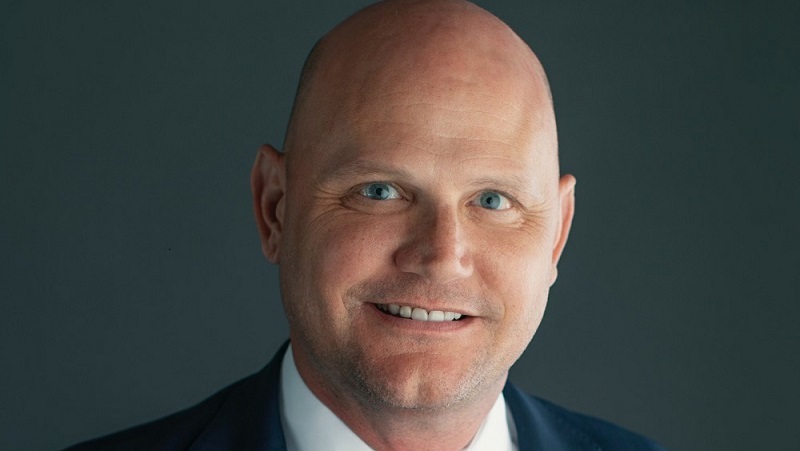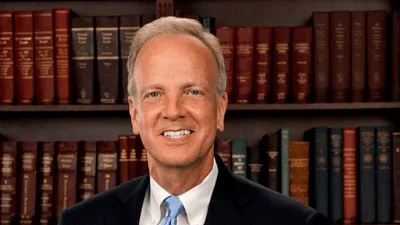Secretary of State Scott Schwab is Kansas' chief elections official. | Kansas Secretary of State's Office
Secretary of State Scott Schwab is Kansas' chief elections official. | Kansas Secretary of State's Office
Kansas' elections chief, Secretary of State Scott Schwab, did not respond to a request for comment about a reform plan proposed by the advocacy group Americans for Citizen Voting (ACV) to bar all noncitizens from voting in any Kansas election.
Kansas is an "every citizen" state because its constitution and election laws do not expressly exclude noncitizens from voting, according to ACV.
ACV points out that only eight states – Alabama, Arizona, Colorado, Florida, Louisiana, Minnesota, North Dakota and Ohio – have language in their constitutions stating that “only” U.S. citizens can vote. Not having such specific language could make a state vulnerable to the passage of laws or ordinances permitting noncitizens to vote in certain elections, ACV reported.
An ACV video argues that states with constitutions saying “every citizen,” rather than “only citizens,” can vote opens the door to noncitizens casting ballots. In fact, “every citizen” states such as California, Maryland, New York and Vermont have laws allowing noncitizens to vote in municipal and school board elections, according to the video.
Top elections officials in Georgia, Ohio and Louisiana have all expressed support for amendments or measures barring noncitizen voting. Georgia Secretary of State Brad Raffensperger, for example, has backed the concept of amending the state constitution to block noncitizens from voting.
“I want to make sure that we follow the law, that we follow the constitution, and I want to make sure that only Americans can vote in our elections,” Raffensperger told The Associated Press. “I think that’s really important.”
And Ohio Secretary of State Frank LaRose last year advocated for State Issue 2, which amended the Ohio Constitution to ensure only U.S. citizens are able to vote in state elections.
“It’s a bad idea to callously give away the right to vote to people that haven’t earned it,” LaRose said at a news conference. “I think that citizenship has value, citizenship has status. So many of our ancestors worked so hard to earn that citizenship.”
Such measures have proved popular with state voters. In Ohio, State Issue 2 passed by a margin of 76.9% to 23.1%, while a Louisiana amendment earned “yes” votes from 73% of the population, Democracy Docket reported.
"I am exceedingly pleased that the voters overwhelmingly supported Amendment 1," Louisiana Secretary of State Kyle Ardoin said in a statement last year. "This vote sends a clear message that the radical election policies of places like San Francisco, New York City and Washington, D.C., have no place in Louisiana. The passage of Amendment 1 will ensure the continued integrity of Louisiana's elections."




 Alerts Sign-up
Alerts Sign-up